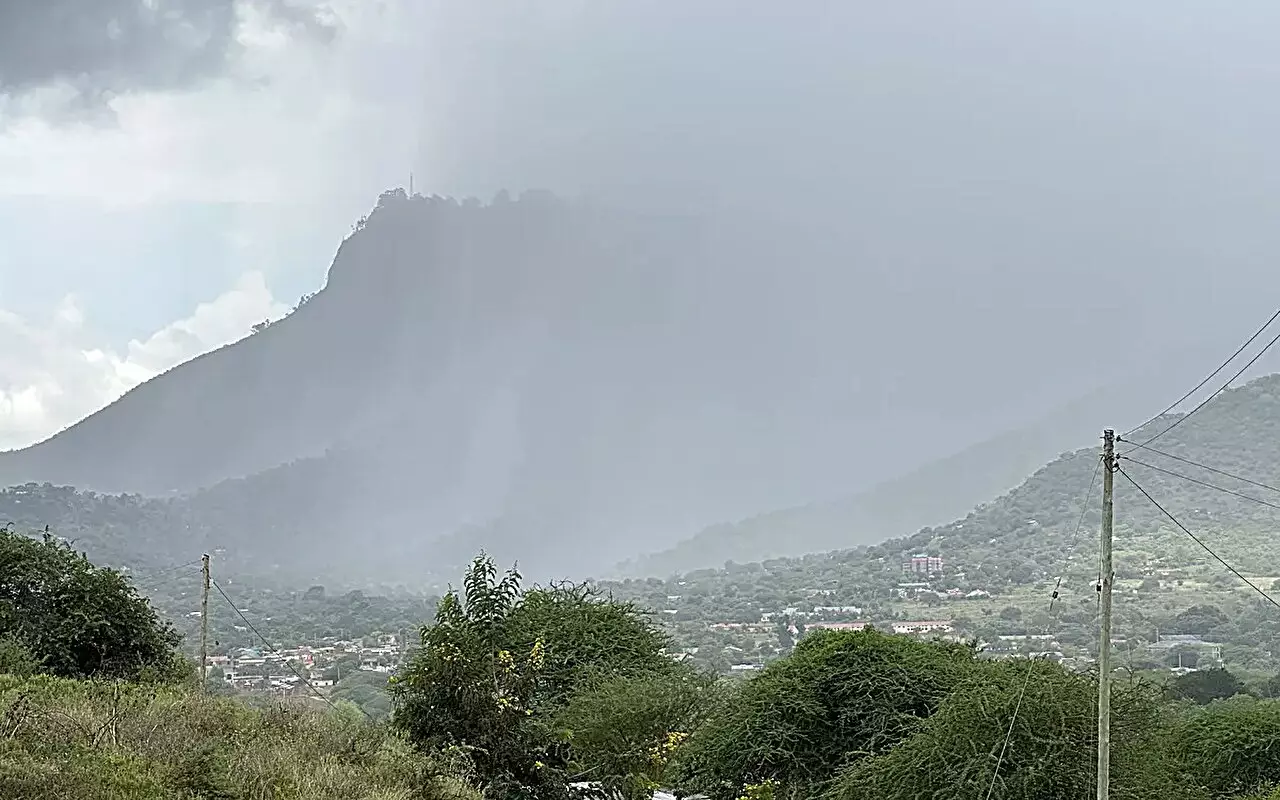Montane forests play a crucial role in maintaining ecological balance, especially in regions where water scarcity is a pressing concern. Situated on elevated terrains across Africa, these forests are often cloaked in clouds and receive abundant moisture, acting as vital water reserves for both local communities and biodiversity. This unique ecosystem not only harbors an impressive array of flora and fauna but also serves as a natural water tower, capturing moisture from fog and rain to support life in the surrounding lowlands.
Recent research compiled from a collaborative study involving international scientists indicates alarming trends in the deforestation of Africa’s montane forests. Over the past two decades, approximately 18% of these forests have disappeared, significantly impacting both climatic conditions and the health of the ecosystem. The study revealed that the consequences of deforestation have led to a rise in average air temperatures by 1.4°C and an increase in cloud base height by 230 meters, more pronounced than the changes attributed to climate change alone.
Implications for Water Resources
The rise in cloud level due to deforestation exacerbates the issue of water availability in affected regions. As the clouds no longer interact with the forest canopy effectively, the natural process of fog deposition is disrupted, diminishing the quantity of water that filters down to the soil and vegetation. This phenomenon is crucial; forests serve as sponges that trap and store water, which is then released slowly, ensuring a steady water supply during dry spells. Without forest cover, this essential function is compromised, leading to heightened vulnerability among the agricultural communities that rely on these ecosystems for their livelihoods.
Insights from the Research Study
Conducted in the highlands of key countries, including Kenya, Tanzania, Ethiopia, and South Africa, the research highlights the interconnected relationship between deforestation, temperature increase, and cloud dynamics. Notably, the project, initiated by the University of Helsinki and Taita Research Station, has raised significant awareness about how climate changes are propagated through anthropogenic activities like agriculture and logging. The findings suggest that in adequately forested mountain areas, 20% more moisture reaches the ground compared to deforested sites. Such stark quantitative data urges immediate action to preserve these delicate ecosystems before they face irreversible degradation.
The worrying trend of disappearing montane forests has profound implications for biodiversity. These ecosystems are home to numerous endemic species, the loss of which cannot be understated. As temperatures rise and cloud bases shift due to deforestation, many species face altered habitats that may not support their survival. This disruption in the ecosystem extends beyond individual species; it threatens the entire ecological web, affecting predator-prey dynamics and plant propagation. The research underscores the need to understand these interdependencies better, as failure to recognize their complexities may lead to catastrophic loss.
Calling for Urgent Conservation Efforts
Given the urgent findings from this research, it is clear that concerted conservation efforts must be prioritized. Scholars advocate for enforcing protective measures for montane forests, promoting sustainable land-use practices, and addressing the drivers of deforestation, such as expanding cropland and illicit logging. As local and international bodies grapple with climate change implications, the emphasis on preserving montane forests in Africa must be heightened. Collaborative efforts among governments, NGOs, and local communities are essential to implement sustainable practices that not only protect these biodiversity hotspots but also enhance the resilience of the communities that depend on them.
The study sheds light on the compelling evidence that deforestation is exacerbating climatic changes more drastically than previously anticipated. As African montane forests continue to diminish, the cascading effects on biodiversity and water resources indicate an urgent need for a collective response in conservation strategies. Without immediate action, we may risk witnessing not only the loss of vital ecosystems but also the livelihoods that depend on them. The time for change is now, as protecting these natural treasures must align with broader sustainability goals, ensuring a thriving environment for future generations.

